“Wonderful things”. This is the reply that Howard Carter gave to Lord Carnarvon when asked what he saw upon first glimpsing the tomb of Tutankhamun in 1922. Its shimmering contents had remained undisturbed for three millennia. Although a century has elapsed since, like Carter, the traveller to Egypt today can also glimpse a wonderful world of mystery, beauty, and majesty.
Upon arriving in Cairo, Saqqara is a good starting point to the journey, as it is a place of firsts. Here, with the help of a Kirker expert guide, one can be transported to an unfathomably ancient world. Slightly to the southwest, removed from the city, it is the site of several of the eldest monuments from Pharaonic times. The step pyramid of Djoser was the first pyramid ever created and is one of the oldest stone structures in the world still standing today. Of course, the Pyramids of Giza and the Sphinx, the world-renowned symbols of ancient Egypt, are also mandatory attractions for any first-time sightseer to the country.
Although anticipation is high for the official opening of the new Grand Egyptian Museum (colloquially known as “the GEM”), set to be the largest museum complex in the world, the original Egyptian Museum certainly has its charms. With its neoclassical style, complete with Bernini statues adorning the entrance, the building evokes the golden age of Egyptology of Champollion and Carter. It currently still houses many unrivalled masterpieces, the celebrated golden mask of Tutankhamun only being the tip of the iceberg.
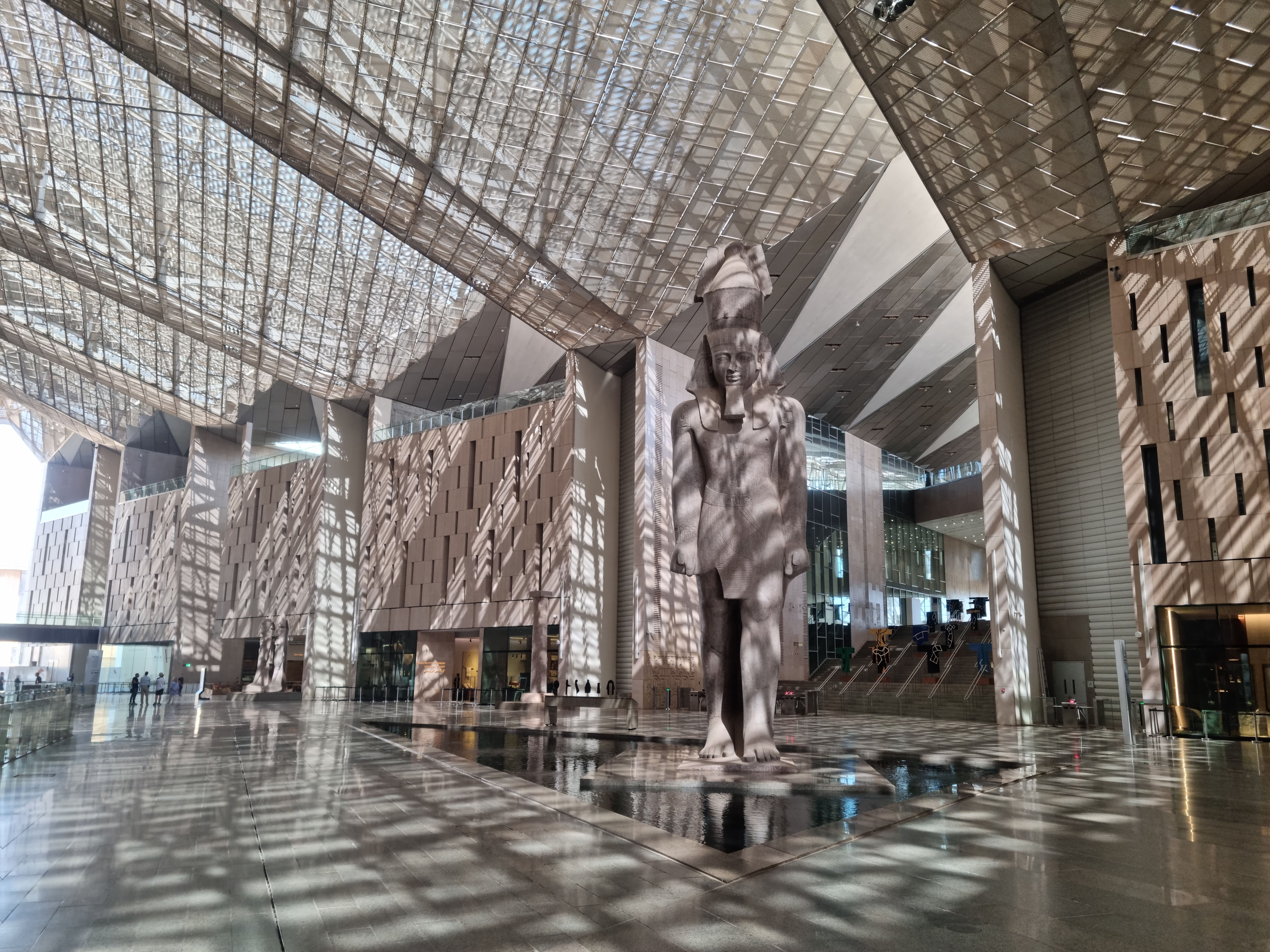
Cairo also boasts several luxurious hotels. These include the Mena House with its tranquil garden, a verdant oasis where the colossal pyramids loom in the background. The St. Regis is perhaps the most lavish city hotel to be found in Egypt, where the foyer is a mix of oriental splendour and chic 1920s opulence. For those looking to stay in a central Cairo location, the Four Seasons Nile Plaza has a prime position with spacious rooms either overlooking the Nile or old city.
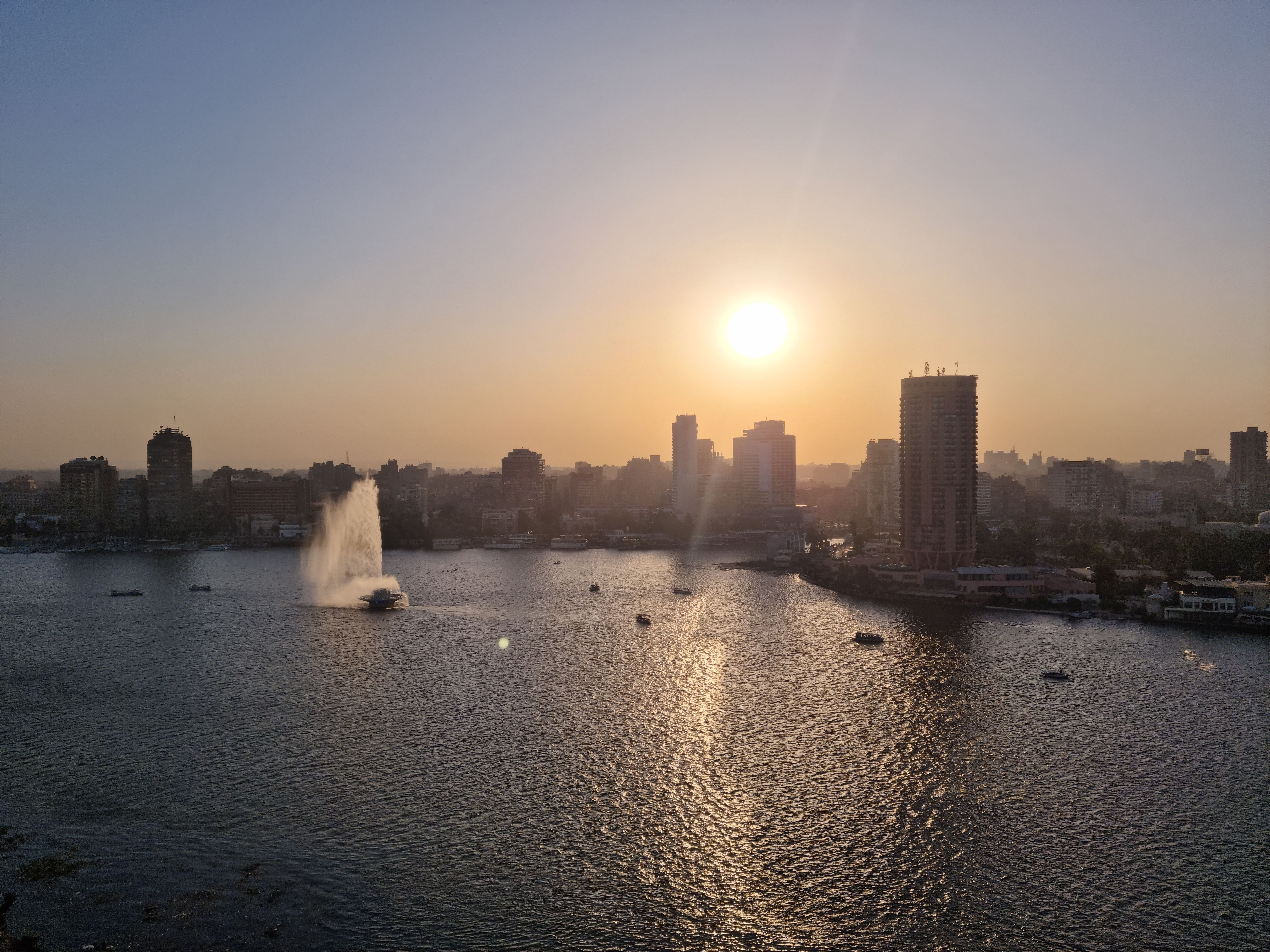
The Greek writer Herodotus, a tourist in this land himself, famously described Egypt as “the gift of the Nile”, and a cruise along the river is indeed an ideal way to explore the country. The vessels which ply the river today are plentiful, and it is crucial to speak to an expert to help you select the right ship for you. Kirker offers a range of options from comfortable four-star cruisers to elegant luxury ships which are smaller and a operate a more selective route, or even private dahabeya charters for the ultimate in privacy and style. However you travel, most of the cruises will whisk you between Luxor in the north and Aswan to the south.
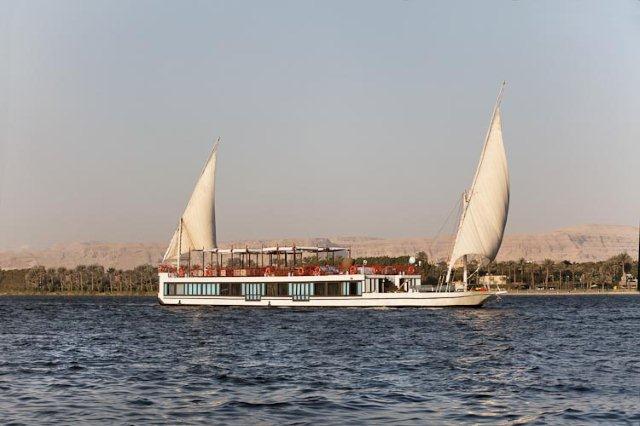
In Luxor, monumental temples make up the highlights of the East Bank. The two main sites the of Luxor and Karnak temples are linked by the nearly two-mile-long Avenue of Sphinxes which can be traversed by foot. On the West Bank, purposefully located in the direction of the setting sun, are the Valleys of the Kings and Queens. I would urge any visitor to pay the extra cost to see the tomb of Nefatari, the wife of Ramses the Great, as the rich artwork of the walls is gloriously preserved.
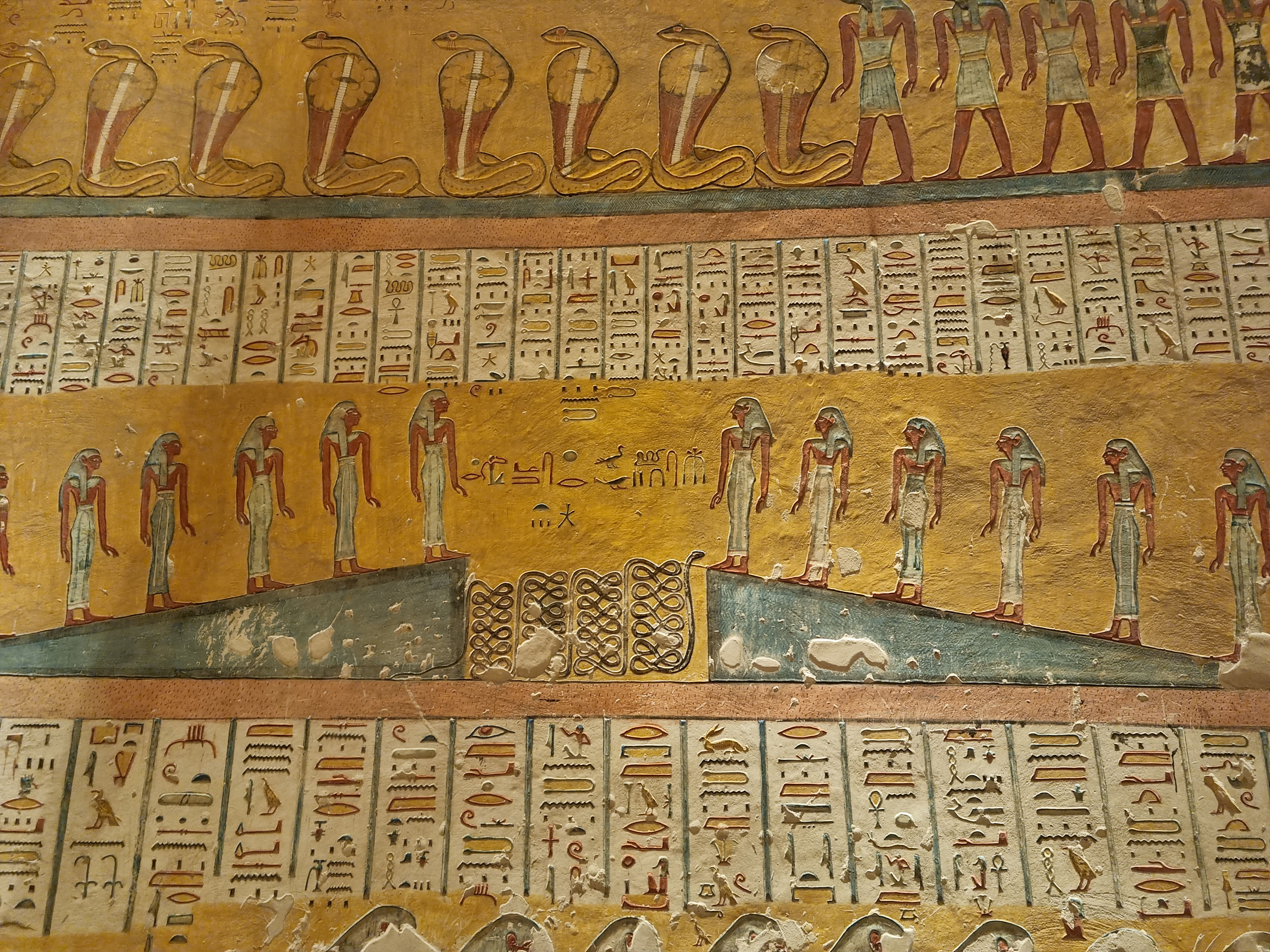
Aswan, far to the south, also has many intriguing sites and has a visible influence of Nubian culture. The Old Cataract is the hotel where Agatha Christie wrote her novel “Death on the Nile” and although modernised, is something of a historical landmark. Also located on an island in a nearby lake, Philae Temple can be reached by motorboat, this approach at sunset creates a uniquely cinematic moment.
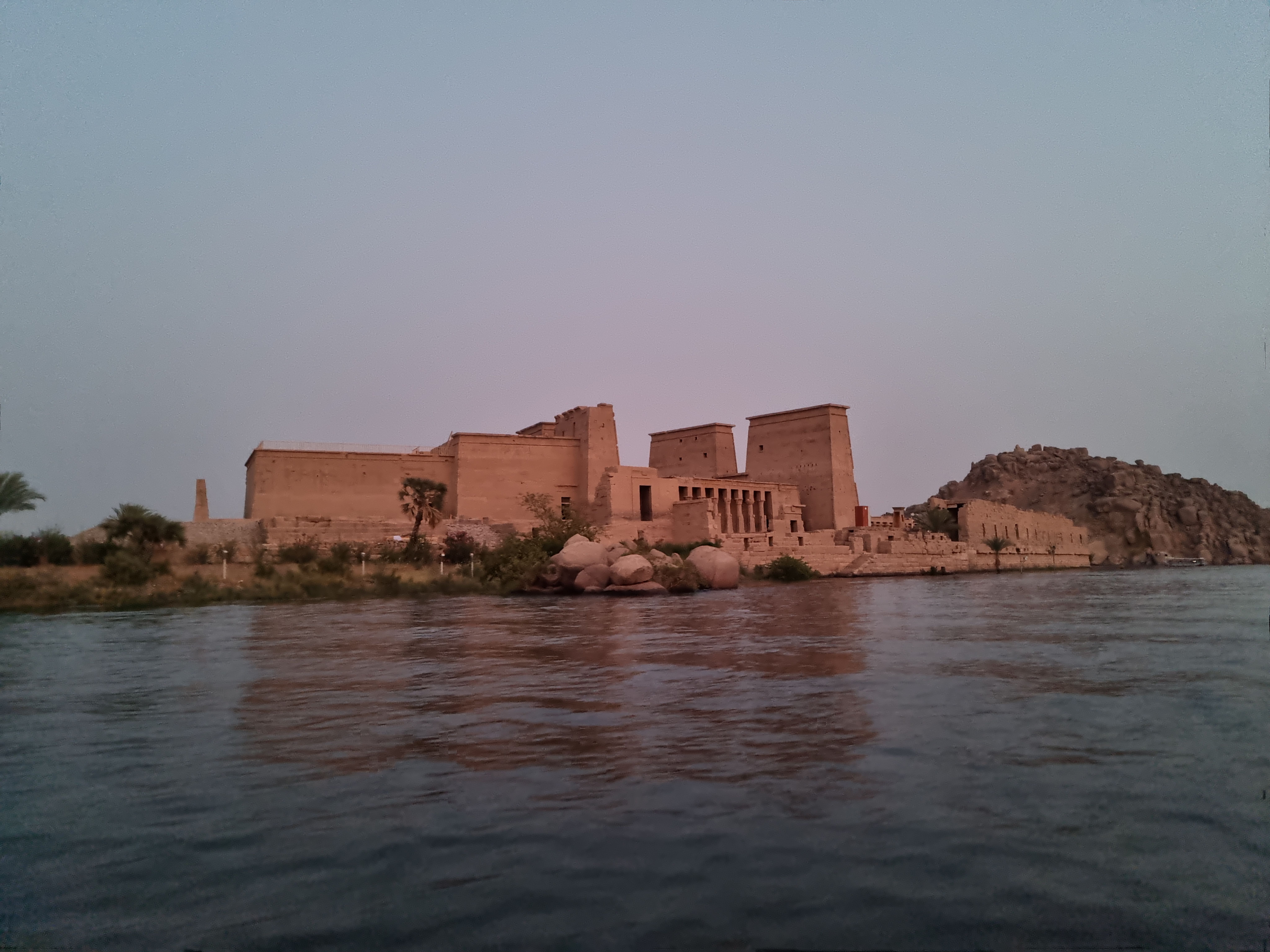
Adjacent to this is the beginning of Lake Nasser, created by the building of the Aswan dam, the body of water stretches all the way to Sudan. Yet further still stand the towering statues of Abu Simbel – which can be reached by plane or car for a day trip from Aswan, just ask about adding this on to your itinerary.
After all this excitement, Hurghada can provide a few days of reprieve and relaxation. On the shores of the Red Sea, the Oberoi resort has exquisite service and a fine restaurant. Slightly detached from the madding crowds which throng some of the Red Sea resorts, this is by far the most civilised option. A paradise of white beaches and gently lapping waves is the perfect place to contemplate all the treasures that one has seen.































